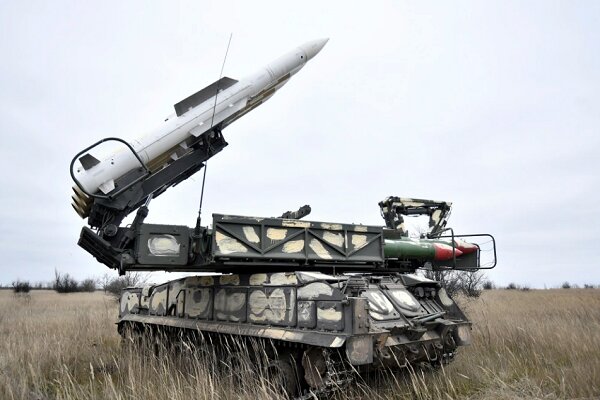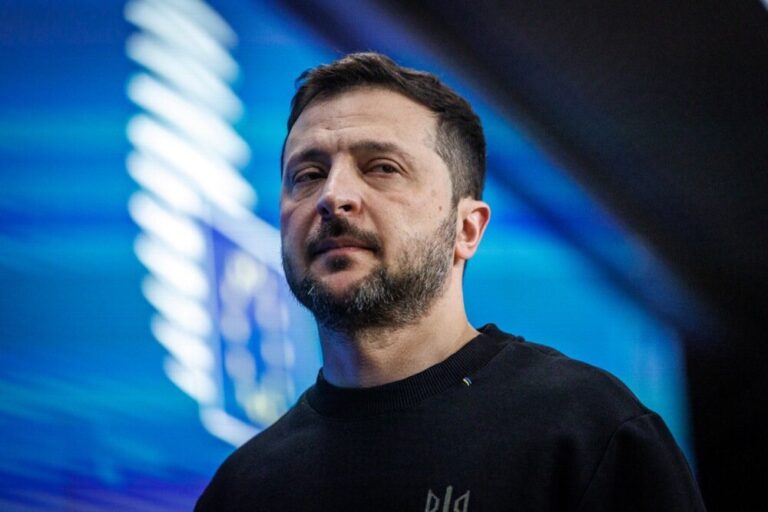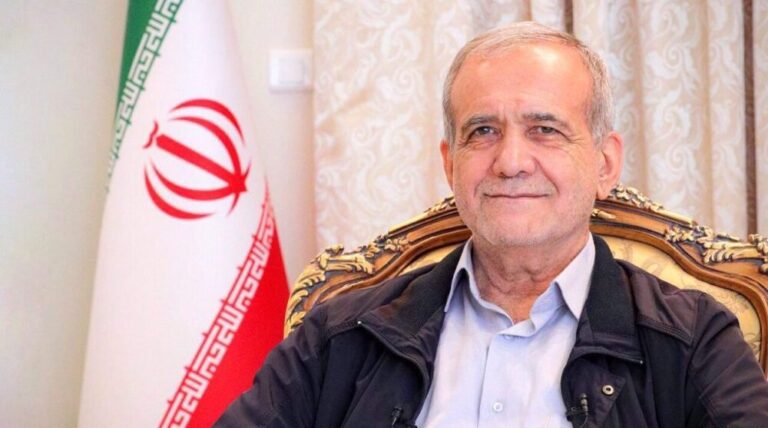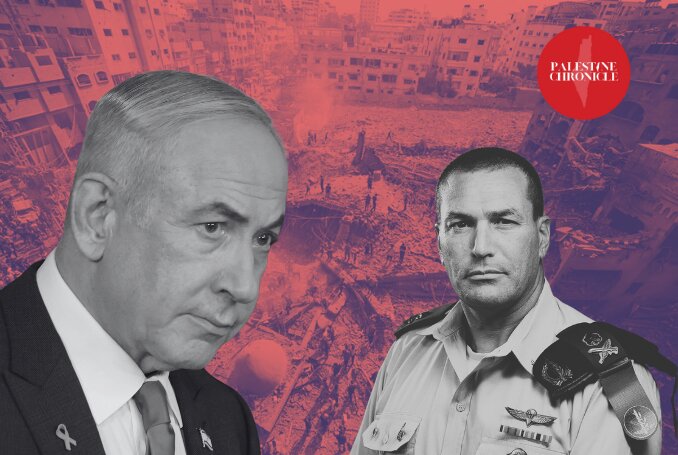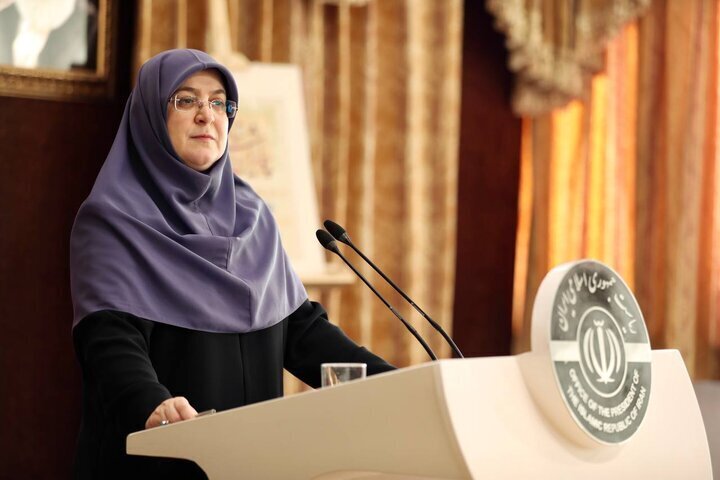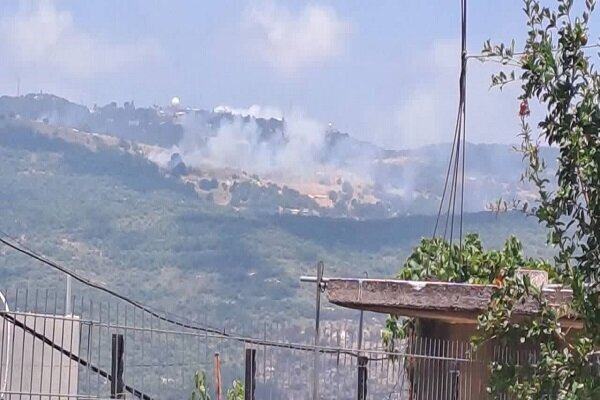Explosive Leak Unveils US Tactics to Extend Russia-Ukraine Conflict
Recent revelations have shed light on how the United Nations Security Council (UNSC) allegedly devised a series of covert terror operations to support Ukraine against Russia. These operations reportedly included strategies for using improvised explosive devices (IEDs), drawing inspiration from tactics used by Iraqi insurgents. Documents published on Saturday by PressTV detail the extent of these plans, suggesting a troubling approach to military conflict.
The documents indicate that the UNSC created a comprehensive “playbook” designed for Ukrainian forces, aimed at enhancing their capabilities in the ongoing struggle against Russian forces. The information, reviewed by The Grayzone, points to a collaboration among military-intelligence operatives and academics, many of whom were associated with various U.S. government agencies, including:
- Central Intelligence Agency (CIA)
- National Security Agency (NSA)
- U.S. State Department
- U.S. Department of Defense (Pentagon)
These experts outlined strategies intended to bolster Ukraine’s resistance against Russian military superiority. The overarching goal was to “prolong” the conflict without the direct engagement of American and NATO forces in Ukraine or any attacks on Russian territory.
Key findings from the UNSC documents reveal a variety of terror operations, including:
- Covert military actions
- Psychological operations aimed at Russian civilians
- Use of tactics inspired by ISIL
One particularly alarming aspect of the playbook involves plans to plant “smart” bombs targeting civilian infrastructure, such as:
- Russian trains
- Railways
- Power plants
The documents suggest that Ukrainian forces have repeatedly breached designated “red lines” established by Russia, executing the terror operations as directed in the UNSC playbook. Furthermore, other notable operations outlined in the documents included:
- Cyberattacks on Russian systems by “patriotic hackers” while maintaining deniability
- Deploying unmanned combat aerial vehicles over Kyiv
Additionally, the UNSC proposed comprehensive training programs for “Ukrainian expatriates” in the operation of advanced weaponry such as Javelin and Stinger missiles. This training was intended to enhance Ukraine’s military capabilities significantly.
The plans were reportedly delivered directly to Colonel Tim Wright, who served as the Director for Russia within the Biden administration’s National Security Council. To maintain a level of “plausible deniability,” these terror operations were outsourced to third parties.
This disclosure raises serious questions about the role of international organizations in conflicts and the ethical implications of employing such extreme measures in warfare. The coordination between various U.S. government entities and the UNSC suggests a significant level of premeditation regarding these strategies.
As the situation evolves, the repercussions of these revelations could have far-reaching effects on geopolitical dynamics, especially concerning U.S. relations with Russia and the ongoing conflict in Ukraine. Monitoring these developments will be critical as countries navigate the complexities of modern warfare and international diplomacy.
In conclusion, the documents reveal a disturbing narrative about the intersection of policy, military strategy, and ethical considerations in international relations. The UNSC’s alleged actions could redefine how future conflicts are approached and the lengths to which nations will go to achieve their objectives.
